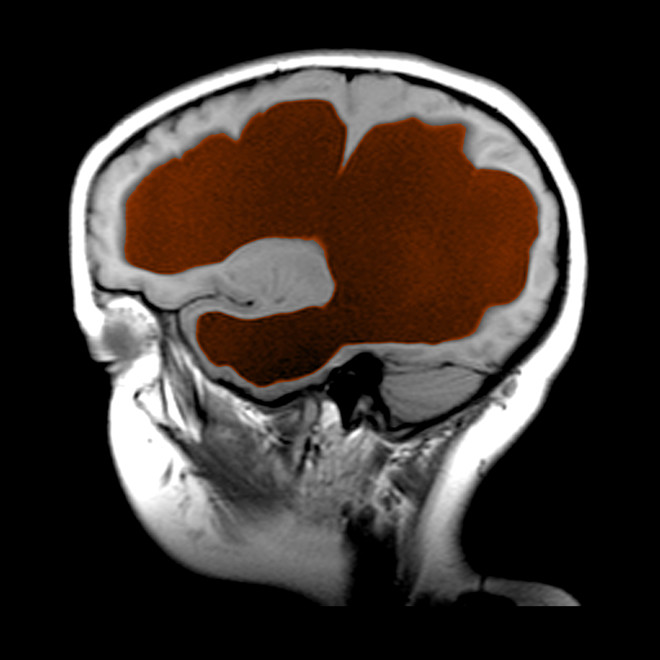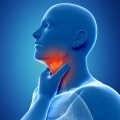Why there is hydrocephalic syndrome
The syndrome may be associated with congenital and acquired causes. Signs of hydrocephalic syndrome depend on the patient's age Photo: Getty Among the congenital ones, the following can be distinguished:
Signs of hydrocephalic syndrome depend on the patient's age Photo: Getty Among the congenital ones, the following can be distinguished:
- complications during pregnancy and childbirth;
- premature birth - before 36 weeks of pregnancy;
- late delivery - after 42 weeks of pregnancy;
- traumatizing the child's head while passing through the birth canal;
- impact of intrauterine infections;
- chronic ailments of mother;
- anhydrous period exceeding 12 hours;
- congenital pathologies of the brain.
Acquired causes are common in older children and adults. In this case, hydrocephalus may occur due to:
- trauma of cranial bones;
- hit foreign bodies in the brain;
- formation of cysts, tumors, hematomas in the brain;
- infectious diseases;
- disturbed metabolism;
- disturbances of brain functioning after a stroke.
It is important to determine the real cause in order to start timely and correct therapy. Only a doctor can find out the full picture of the disease by familiarizing himself with the clinical manifestations.
Signs of hydrocephalic syndrome
The manifestation of pathology is associated with agepatient. Doctors distinguish this syndrome in infants under 1 year of age, in older children and in adults. Manifestations of hydrocephalic syndrome in a newborn child:
- groans and unusual sounds of the baby;
- refusal to eat;
- constant crying;
- plentiful regurgitation after feeding;
- decreased muscle tone;
- poor congenital reflexes;
- pathology of the visual discs, revealed by examination of the fundus;
- convulsions;
- trembling of hands;
- the bulge of the fontanelle;
- increase in the size of the head.
In older children the following are observed:
- headaches, mainly in the temples, forehead, above the eyebrows;
- vomiting;
- strabismus;
- dizziness;
- difficulty in moving your head;
- pallor of the skin;
- drowsiness, lethargy, general weakness;
- irritability;
- memory impairment;
- increased muscle tone of the legs.
In adults, hydrocephalus is accompanied by:
- severe pain in the head;
- nausea and vomiting;
- visual impairment;
- strabismus;
- convulsions;
- possible loss of consciousness and coma.
Therapeutic procedures are prescribed by a neurologist.after determining the causes. Therapy is prescribed taking into account the patient's age. If signs of hydrocephalus occur, it is important to take timely measures to eliminate the pathology, otherwise it can lead to severe brain damage. It is also useful to know:









